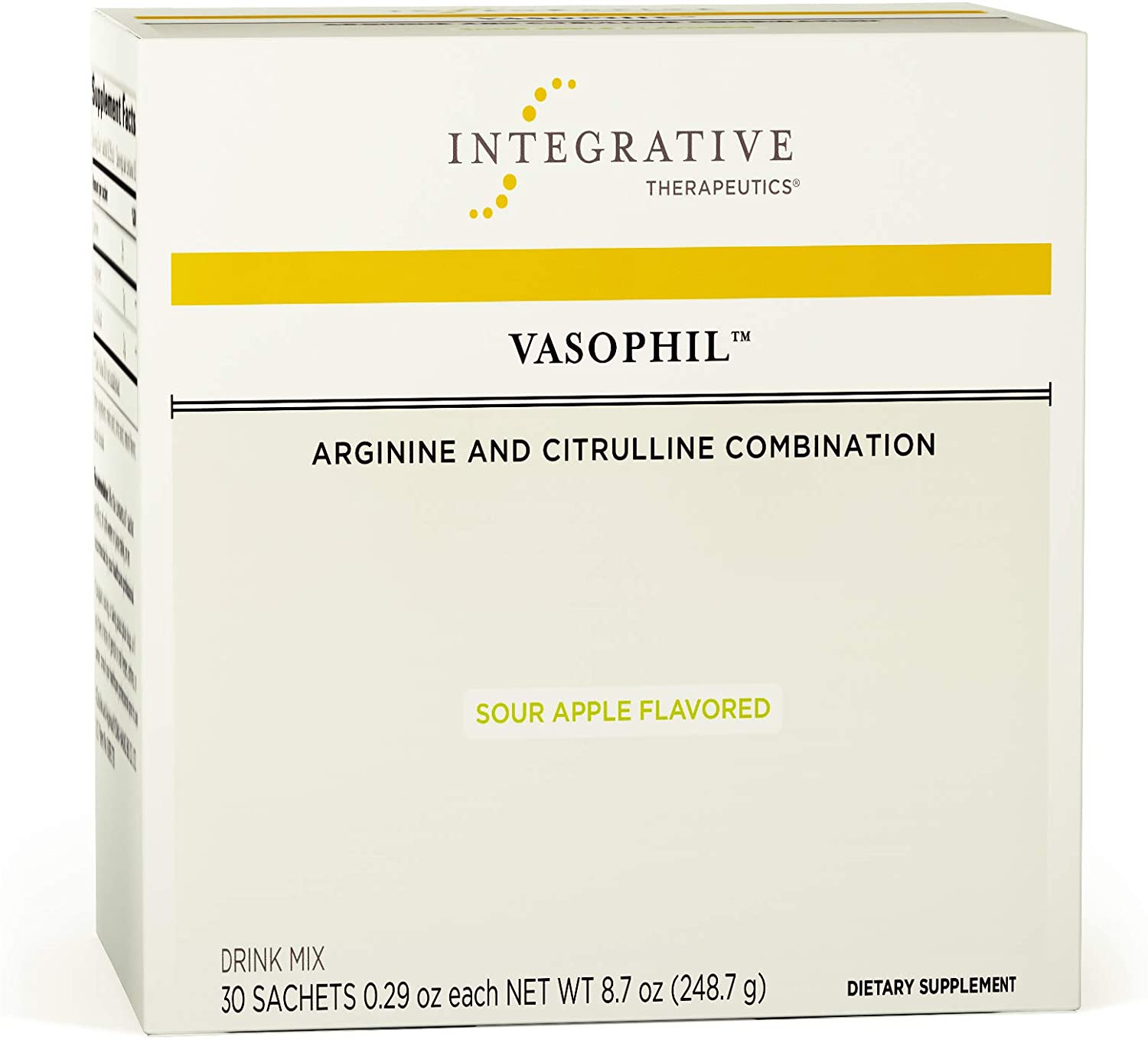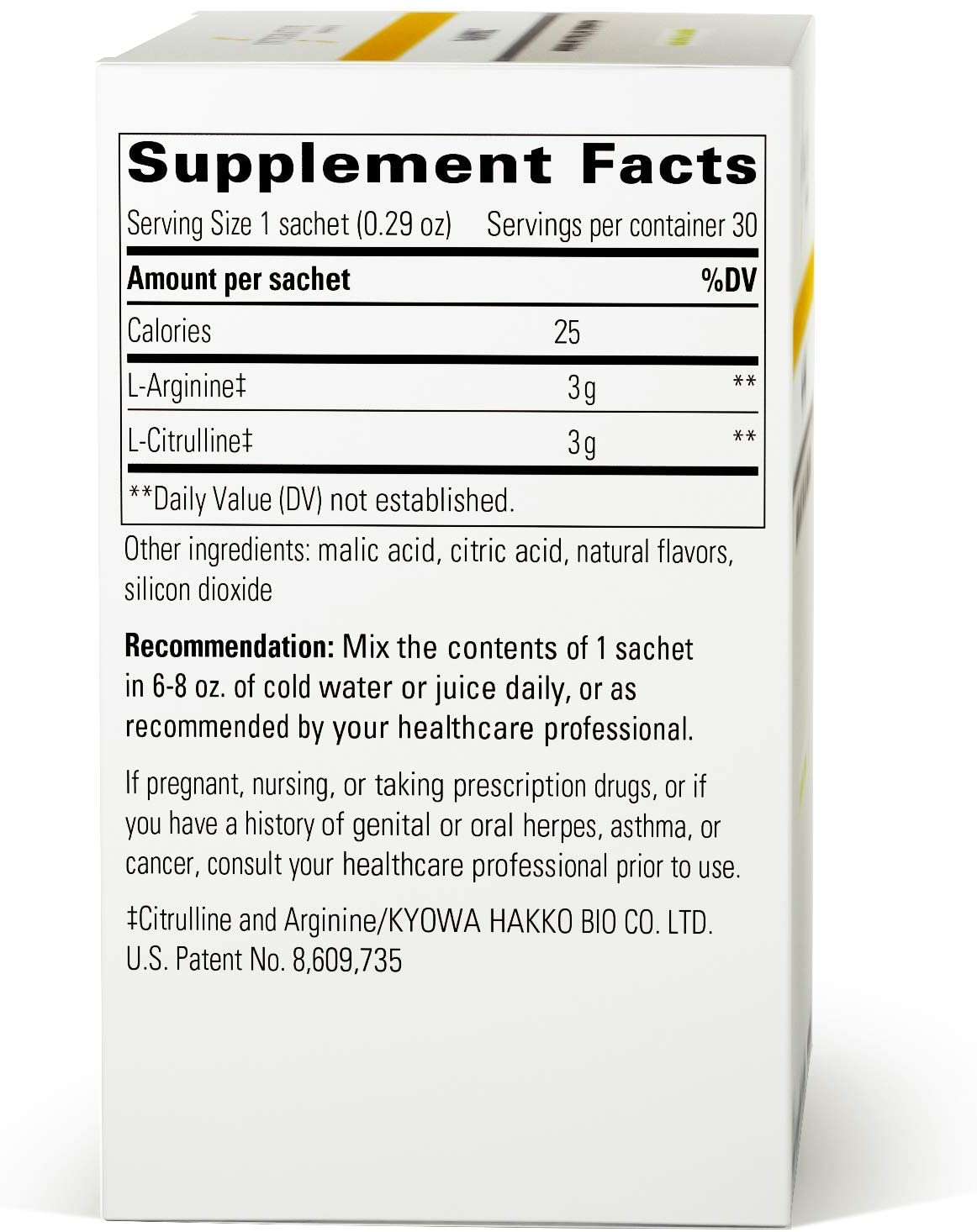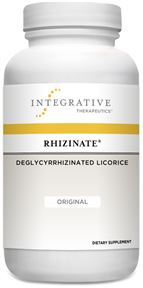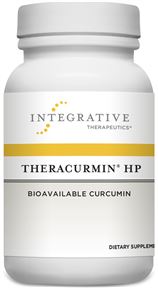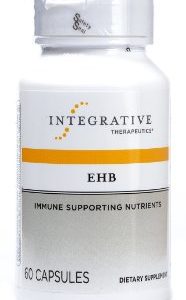Vasophil (Sour Apple Flavor)
$56.50
NO Max is Institute of Complementary Medicine’s exciting formula based on the latest Nobel Prize-winning esearch on nitric oxide, a naturally occurring compound in the body. Nitric oxide is an important messenger that signals a variety of responses at the cellular level which are beneficial to circulatory, immune, and nervous system functions. NO Max is a refreshing, effervescent powder that offers therapeutic levels of L-arginine and L-citrulline, two amino acids the body uses to make nitric oxide.*
Clinical Applications
• Optimize Flow of Blood and Oxygen to Peripheral Tissues*
• Helps Maintain Healthy Male Sexual Function*
• Supports Lean Body Mass/Athletic Performance*
• Supports Healthy Dilation of Blood Vessels*
• Supports the Healthy Flow of Blood and Oxygen to the Brain for Healthy Mood, Mind, and Memory*
Description
Nitric oxide (NO) is produced by various body cells from the amino acid L-arginine through the enzymatic action of nitric oxide synthase (NOS). NO has critical roles in regulating the function of organs and systems throughout the body. It is well known that NO production by vascular endothelium plays a critical role in blood flow regulation and that the abnormal production of NO can adversely affect blood flow, delivery of nutrients and oxygen, and other vascular functions.
L-Arginine is the principal substrate for the family of NOS enzymes that catalyze the biosynthesis of NO. Some of L-arginine’s benefits include support of immune response, ammonia detoxification, growth hormone secretion (during rest), improved exercise performance (at 6 g/d), wound healing, reduced platelet aggregation, and vasodilation.[1,2] ADMA (asymmetric dimethylarginine) is a newly identified factor confronting cardiovascular health. As an endogenous NOS inhibitor, accumulation of ADMA impairs NO formation by competing with L-arginine for NOS binding. Under these conditions, supplementation with L-arginine may support maintenance of near-normal levels.[1] New research also suggests that ADMA accumulation in oxidized low-density lipoproteins (OxLDL) may signal vascular smooth muscle cell (VSMC) migration—which plays a critical role in the etiology of intimal thickening—and L-arginine markedly blocked ADMA-induced VSMC migration.[3]
L-Citrulline is a precursor to L-arginine that readily permeates the intestinal wall and enters the bloodstream. L-citrulline is processed by the kidney, where it is converted to L-arginine; and oral L-citrulline supplementation in humans has been shown to increase plasma L-arginine availability for NO synthesis.[4] In an animal study, oral supplementation with “L-arginine, L-citrulline, and/or antioxidants (vitamins C and E) showed marked support of endothelium-dependent vasorelaxation and blood flow, maintenance of a healthy endothelium, and decrease in superoxide production and oxidation-sensitive gene expression …”[5]
Quercetin A major flavonoid naturally occurring in plants, quercetin has been shown in a study on mice using microarray DNA analyses and pathway analyses to inhibit LPS-induced expression of IL-1beta, IL-1alpha, IL-6, TNF-alpha, IL-12, iNOS, VCAM1, ICAM1, COX2, IL-1RA, TRAF1 and CD40.[6] Experimental models suggest that quercetin prevents the redox imbalance associated with decreased intracellular NO levels and superoxide overproduction, and it prevents the overexpression of inducible NOS (iNOS).[7,8]
Folic Acid Research suggests that homocysteine may decrease the bioavailability of NO.[9] Therefore, folate’s deleterious effect on homocysteine may provide the added benefit of increasing NO levels through enhancing NO bioavailability. Another role of folic acid in NO production relates to tetrahydrobiopterin (THBP, also known as BH4)—an essential cofactor for NOS. Inadequate folate may impair the synthesis of THBP,[10] and 5-MTHF (bioactive folate) may normalize the activity of NOS in THBP-depleted endothelial cells.[11] In a placebo-controlled study of patients receiving 400 mcg/d of folic acid for seven weeks before coronary artery bypass grafting, improved vascular function was observed and attributed to improved availability of THBP for NOS and reduced vascular oxidative stress.[12]
Vitamins C and E Free-radical injury reduces NO availability, and antioxidants appear to preserve NO. In addition, healthy endothelial function is associated with low oxidative stress, particularly decreased superoxide production and reduced oxidized LDL (OxLDL), which, if elevated, can reduce endothelium-derived NO activity. Vitamins C and E administration can reduce both superoxide and OxLDL, thereby improving NO activity.[13] According to Heller et al, “The effect of alpha-tocopherol seems to be dependent on tissue saturation with ascorbic acid, and both vitamins may act synergistically to provide optimal conditions for endothelial NO formation.”[14]
“More than any other single factor, nitric oxide may be the key to living a longer, healthier life.” – Dr. Louis Ignarro, 1998 (Nobel Prize Laureate)
Directions
Pour one level scoop of powder into a tall, empty glass. Add 3 oz of chilled water and lightly stir. Let stand one minute. Add 3 more oz of chilled water and lightly stir. Let stand one minute and drink. Take once daily, or as directed by your healthcare professional.
Consult your healthcare professional prior to use. Individuals taking medication should discuss potential interactions with their healthcare professional. Do not use if tamper seal is damaged.
Formulated To Exclude
Wheat, gluten, yeast, soy protein, animal and dairy products, fish, shellfish, peanuts, tree nuts, egg, artificial colors, artificial sweeteners, and artificial preservatives.
Cautions
Do NOT use if you have low blood pressure.



